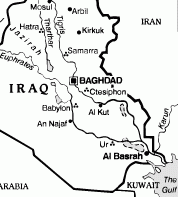Stafford Butt was born at Little Witheridge, West Worlington in 1898. He was the fifth and youngest son of Daniel and Elizabeth Butt. Daniel was a farmer.
Stafford enlisted into the Devonshire Regiment on 7th December 1914 and given his service number. He served with the 1st/6th Battalion Devons in India and Mesopotamia. He was discharged from the Army on 14th January 1919 suffering from Tuberculosis. He came home where he died on 9th March 1921 aged 23 years.
He is buried in West Worlington (St Mary) Churchyard Southeast of the church against the East boundary: his parents are buried next to him.
He was younger brother to Owen who was killed in action in France in 1916.
Also younger brother to Sydney Arthur who left his job as a steam engine driver and enlisted into the Army Service Corp on 12th October 1914. He contracted influenza in 1916 and spent some weeks recovering. He served in France and was discharged from the Army in May 1920.
Of the five Butt brothers three went to war, one died in France (Owen) one died after the war (Stafford) and one survived the war (Sydney).
| In Memory of: | Private Stafford Butt 266531 |
| Regiment: | 1st /6th Battalion Devonshire Regiment |
| Enlisted: | Barnstaple |
| Died: | 9th March 1921, aged 23 |
| Served: | France and Flanders |
| Remembered with honour: | West Worlington (St Mary) Churchyard |
Background of the war in Mesopotamia
no images were found
For centuries before the Great War, Mesopotamia had been part of the Turkish Ottoman Empire. Lying along its eastern border was Persia, generally friendly to the British. The Arab Sheiks of nearby Kuwait and Muhammerah also supported Britain; the Arab tribes of coastal Mesopotamia often changed sides.Germany had for many years before the war assiduously developed Turkey as an ally, which it saw as an important part of the Drang nach Osten (“Thrust towards the East”: Germany wanted new lands, new markets, “lebensraum”).
The Turkish army was led by German ‘advisors’, as was much of its trade and commerce. Although this campaign began simply to secure oil supplies for the Royal Navy, victory over the Turks became believed by some – notably David Lloyd George and Winston Churchill – to be a less costly way towards defeat of Germany than the painful battering at the Western Front. Pushed by Germany – which also tried to encourage a Jihad (Muslim Holy War) against the British forces – Turkey was to strongly resist the British incursion.
Mesopotamia is an ancient land, through which run the great Rivers Tigris and Euphrates. At the southern end, this is a complex river delta. The two rivers meet at Qurna, 40 miles north of Basra, where they come together to form the Shatt-al-Arab, which flows into the Persian Gulf.
The land is for the most part desert and is very flat. The rivers flood the plains to a great extent, when the winter snows in the northern mountains thaw. The small towns and villages that existed along the river banks in 1914 were generally constructed several feet above water level.
There is virtually no water in this land, except that from the rivers. There were no roads, so all transport had to be by boat along the rivers. The major centre of population was Baghdad, almost 570 miles upstream from the Gulf.






